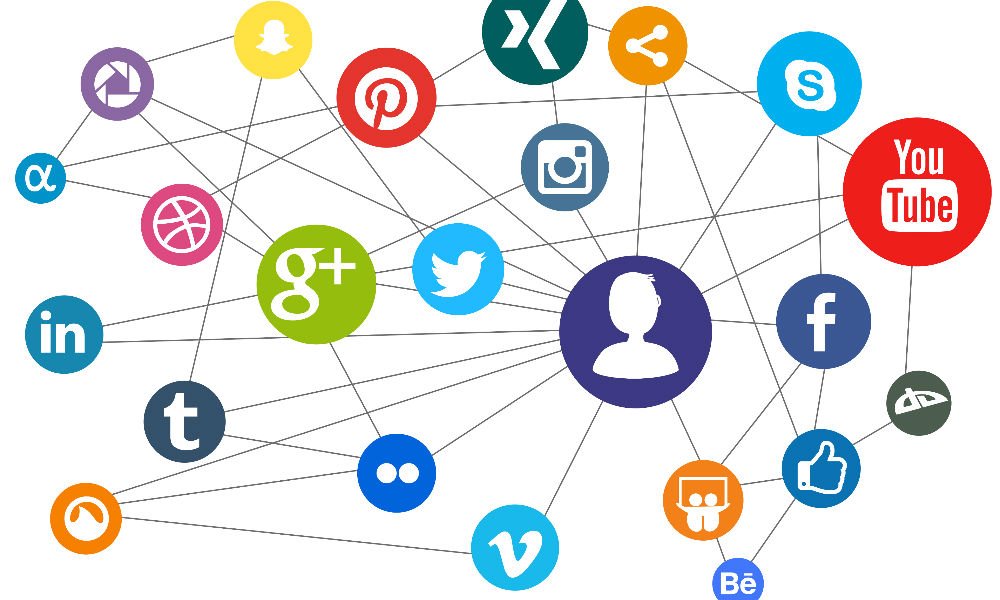Social media has dramatically transformed the landscape of news reporting, altering how information is disseminated, consumed, and interacted with. Platforms like Twitter, Facebook, and Instagram have become essential tools for journalists and news organizations. This article explores the various ways social media influences news reporting, including its impact on credibility, audience engagement, and the future of journalism.

Instant News Dissemination
Real-Time Updates
Social media allows for the rapid dissemination of news. Journalists can share breaking stories almost instantly, providing real-time updates to their audience. This immediacy helps keep the public informed during critical events, such as natural disasters or political upheavals.
User-Generated Content
Social media enables users to report news as it happens. Citizen journalism has emerged as a significant force, with individuals posting updates, photos, and videos from the scene of events. This grassroots reporting can supplement traditional news coverage and provide unique perspectives.
Changing Audience Engagement
Interactive Platforms
Social media fosters a two-way communication channel between news organizations and their audiences. Readers can comment, share, and engage with content, creating a dialogue around news stories. This interaction can enhance community engagement and increase the visibility of important issues.
Personalized News Feeds
Algorithms on social media platforms curate content based on user preferences and behaviors. This personalization can lead to echo chambers, where individuals are exposed only to viewpoints that reinforce their beliefs, potentially skewing public perception of news events.
Impact on Credibility and Trust
Challenges to Credibility
The rapid spread of information on social media can lead to the dissemination of misinformation and fake news. Without rigorous fact-checking, false narratives can gain traction, undermining the credibility of legitimate news sources. This has raised concerns about the reliability of information in the digital age.
Verification Practices
In response to the challenges posed by misinformation, many news organizations have adopted stricter verification practices. Journalists are now trained to cross-reference information from social media with reliable sources before reporting, striving to maintain journalistic integrity.
The Evolving Role of Journalists
From Gatekeepers to Curators
Traditionally, journalists acted as gatekeepers of information, determining what news was reported and how it was framed. With the rise of social media, their role has evolved into curators who sift through vast amounts of information to identify credible sources and relevant stories.
Emphasis on Multimedia Storytelling
Social media encourages multimedia storytelling, where journalists use images, videos, and infographics to engage audiences. This shift allows for richer narratives that can convey complex issues more effectively than text alone.
Ethical Considerations
Balancing Speed and Accuracy
The pressure to report quickly on social media can lead to ethical dilemmas. Journalists must balance the need for speed with the imperative of accuracy. Mistakes made in haste can have significant repercussions, including damage to reputations and public trust.
Privacy and Sensitivity
The immediacy of social media reporting can sometimes compromise privacy. Journalists must navigate ethical considerations, particularly when reporting on sensitive topics or individuals, to ensure they respect the dignity of those involved.
The Future of News Reporting
Integration of Technology
As technology continues to evolve, so will the ways news is reported and consumed. Innovations such as artificial intelligence, augmented reality, and immersive storytelling are likely to shape the future of journalism, creating new opportunities for engagement.
The Role of Media Literacy
With the rise of misinformation, promoting media literacy becomes essential. Educating audiences about how to discern credible news from false information will be crucial in fostering informed communities.
Conclusion
The influence of social media on news reporting is profound, bringing both opportunities and challenges to the field of journalism. While it enhances the speed and accessibility of news, it also raises important questions about credibility, ethics, and audience engagement. As the media landscape continues to evolve, journalists and news organizations must adapt to these changes while prioritizing accuracy and integrity. By embracing the strengths of social media and addressing its challenges, the future of news reporting can remain robust and relevant in a digital world.










